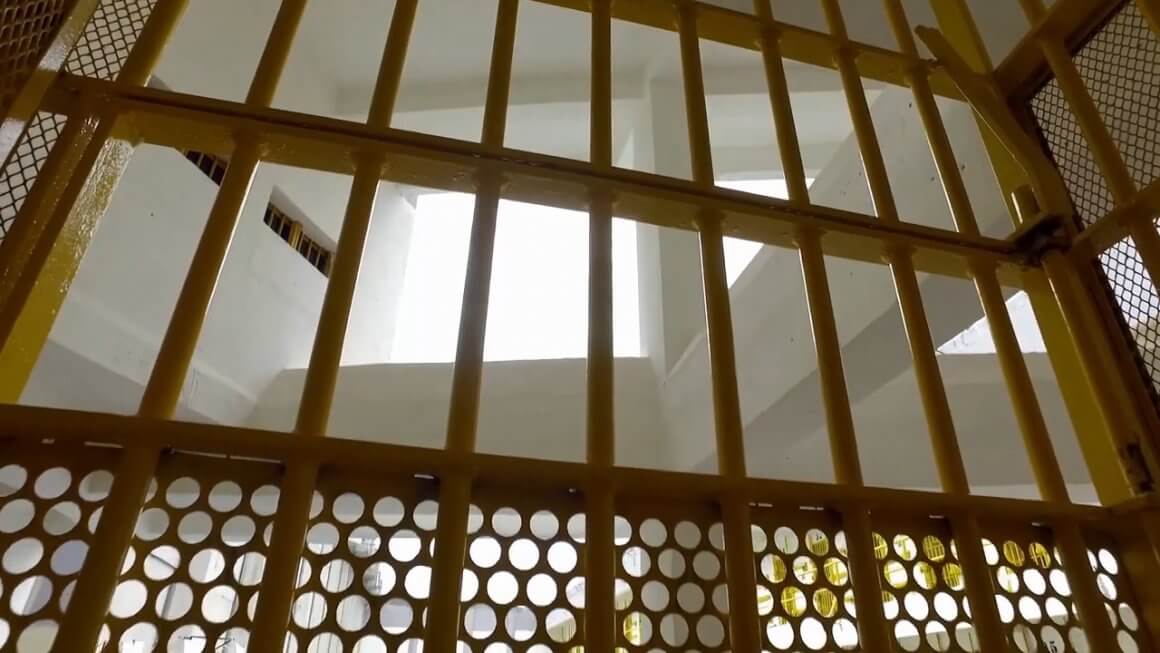Letter about the Coronavirus and the work of Humanitas360 Institute
COVID-19 isn’t the most lethal disease humanity has ever fought, but it is unique in its ability to expose vulnerabilities of modern society. From overwhelmed public health systems to decimated economies to the unreliable spread of vital information, this pandemic has caused and revealed an unprecedented set of challenges which can only be met through a swift, universal and disciplined reaction by the entire world. Paralysis, denial and fear will get us nowhere.
In some ways it’s fitting that this outbreak should occur in the weeks leading up to Passover, the annual Jewish celebration of the Israelites’ exodus from bondage in Egypt during biblical times.
As the story goes, in the days leading up to the Israelites’ liberation, a series of plagues were unleashed against the Egyptian people. On the night of the tenth and most terrible plague – the death of all firstborn children – the Israelites were able to avoid that fate by following specific instructions passed down to them by their leaders. What followed was the mass mobilization of an entire people toward a liberation from bondage.
Of course, the Old Testament is far from a direct parallel for the problems we face today. But in recounting the story we can glean important lessons, like the symbiotic relationship between strong, reliable leadership and an active, engaged citizenry.
When leaders and communities come together to act for the collective good, through shared sacrifice for a single goal, they can achieve extraordinary things, and surmount even the greatest challenges.
At Humanitas360, our work focuses on bringing civic engagement to all parts of our society, even those often forgotten in the popular consciousness. One of our programs, “Entrepreneurship Behind and Beyond Bars” works with current and former prison inmates to provide them the tools to start businesses and make a living once they leave prison.
In March, we signed a letter together with the Brazilian Criminal Justice Network endorsing the recommendations of the National Council of Justice (CNJ) in Recommendation 62/2020 requesting the application of a home regime to people arrested for crimes committed without violence or serious threat; the increase of sunbathing and patio time, since the cells are poorly ventilated and contact with the sun increases immunity, in addition to the guarantee of basic hygiene and cleaning products to prevent the spread of the new coronavirus. The letter, which lists another series of other measures that can help the violent spread of the disease, was sent to the criminal administration departments of all Brazilian states and the Federal District.
We have also been working together with the National Justice Council to provide effective measures for education regarding the contagion of the virus to criminal officers and people who comply with social-educational and private freedom measures. Unfortunately, our access to the Women’s Prison Unit of São Luís (UPFEM), where we were starting the creation of the new social cooperative for women prisoners, Cuxá, was temporarily interrupted as a precautionary measure in relation to the cooperative members. Tragically, inmate populations are among the highest risk groups for COVID-19 as a result of close quarters and poor sanitary conditions. This threat adds to the crushing burden – and real danger – of the daily struggle behind bars.

